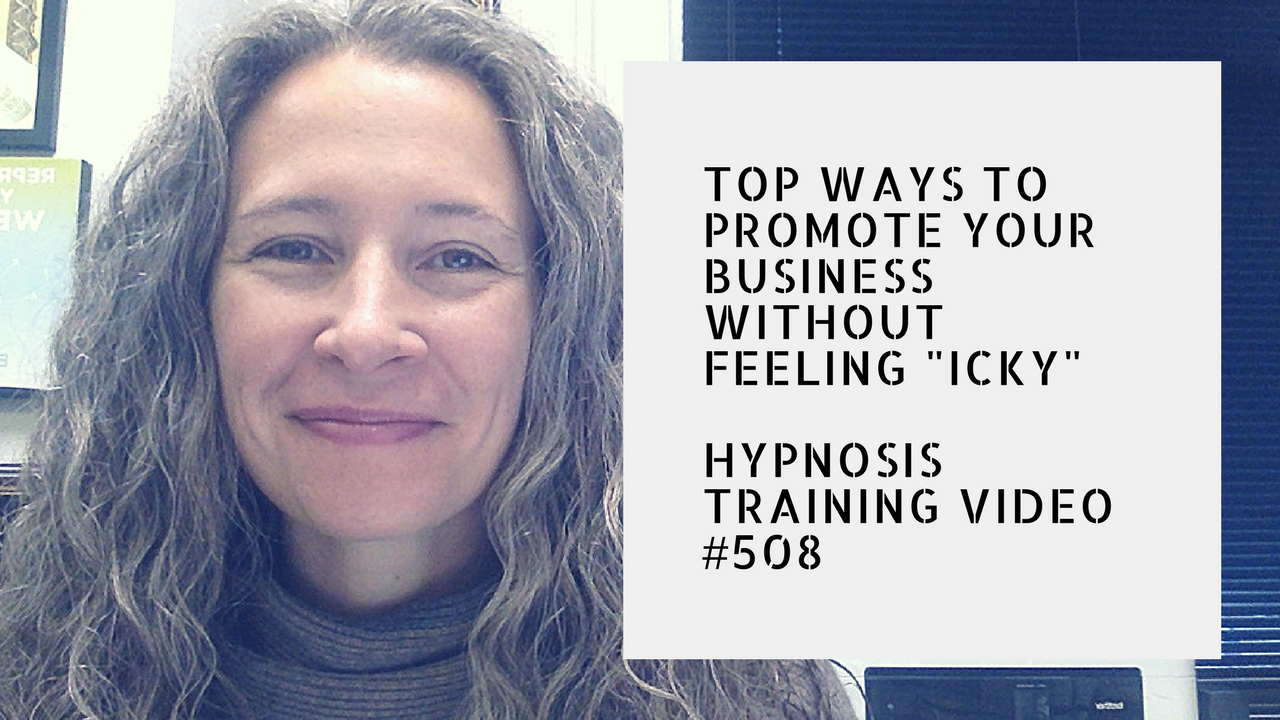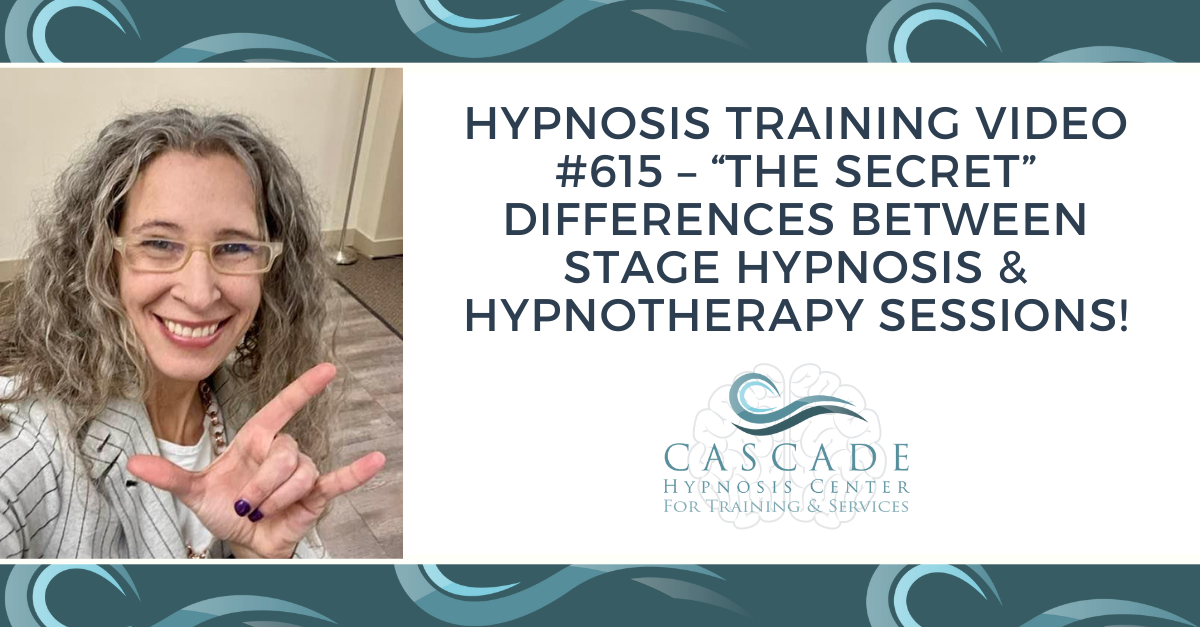Exploring How Hypnosis Can Unlock the Power of the Mind with Erika Flint - Potential Psychology Podcast with Ellen Jackson
Originally posted on www.potential.com.au
A wonderful interview with Ellen Jackson of the Potential Psychology Podcast, that covers all the bases of getting to know what makes hypnosis an effective and proven tool for transformation. How does hypnosis work? Is it mind control? How many sessions does it take? What kinds of things can hypnosis help people with? Is it like mindfulness? How do I know I have a good hypnotherapist?
All of these questions and more are answered below!
All timestamps are summaries of the question or discussion and not direct quotes.
0:00 - Intro from Ellen Jackson
5:00 - Ellen discusses armored leadership vs vulnerable leadership as described by Brené Brown. We use leadership and ambition as a form of armor sometimes, that drive to always want to be doing something, or working harder, which often leads to burnout. How do you create space for achievement AND self compassion?
8:25 - Erika Introduced
9:37 - What is the difference between stage hypnotism and clinical hypnotism?
12:25 - Hypnosis isn't mind control, so how does it work?
14:50 - We all have that voice in our head that's always analyzing and judging; so hypnosis is being able to quiet that so that we can actually receive new ideas and ways of thinking?
16:15 - So does hypnosis differ from mindfulness which is all about quieting the mind?
17:20 - So it's similar except with hypnosis there's a goal and direct change?
18:40 - Does the relationship between client and hypnotist matter?
20:45 - It sounds like you kind of do what I [Ellen] do which is tell clients they are the expert on themselves and are just stuck. They don't need a diagnosis or more attention on the problem, but instead help rethinking things so they can focus on solutions and new ways of thinking.
21:45 - This reminds me of when you're so comfy in bed and kind of sleepy that things that would normally bother you or grab your attention don't seem so urgent. Erika shares how this is called a Hypnogogic State.
22:44 - Is self hypnosis a thing that's doable, or does it require a professional?
24:30 - Erika explains how important it is for hypnotists to sit with clients through confronting their darkest moments, because even just having someone there, not judging them, can make a huge difference to people. "I'll be here with you," says Erika.
25:40 - Tell us more about being open to hypnotic suggestion?
28:30 - Erika shares a story about a weight loss client who had a big mental shift in the grocery store that wasn’t immediately obvious to the client.
29:35 - What we focus on grows, and that works with negative statements too. The more you think "I shouldn't eat this," the more you're actually thinking about food. Erika describes how hypnosis helps people not have to think about food and just eat when they're hungry.
31:25 - What is the success rate with this? Are there people that are more receptive to hypnosis than others?
32:30 - You mentioned Zoom -- Is hypnosis something that you can do over Zoom?
33:48 - Erika also gives her clients a relaxation recording to listen to every day.
35:07 - You've mentioned weight loss, smoking, and alcohol cessation -- but what are some of the other things you help with? You mentioned confidence, or other performance goals?
CEOs, leaders, business owners, individuals feel more confident with public speaking.
Behavioral like hair pulling or nail biting
Stress and sleep
Self actualization
38:26 - If I was coming to you with the goal of getting better sleep or needing to relax, what would you tell me?
40:50 - I've heard you also work with athletes, so what do you do in that regard?
41:49 - How many sessions, typically, would it take someone to attain their goal or at least feel substantial progress?
43:57 - Are there any risks associated with hypnosis?
44:36 - How would someone look for a hypnotist or know that someone is credible?


-Nov-10-2022-06-23-40-6507-PM.png)
